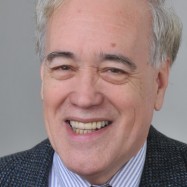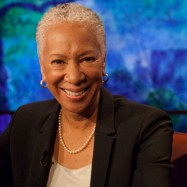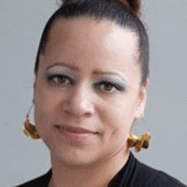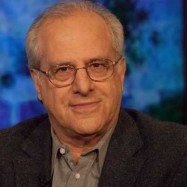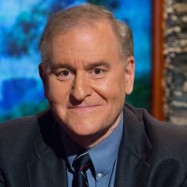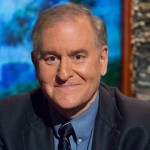King’s was not the only address heard on August 28, 1963. John Lewis, who was representing the Student Nonviolent Coordinating Committee (SNCC), wanted to send a message to President John F. Kennedy that, as he later wrote, “the President was being too cautious, doing far too little when it came to meeting the needs of black Americans.” Among his complaints was a voting rights section of Kennedy’s proposed Civil Rights Bill requiring that black applicants show evidence of having had a sixth-grade education before being permitted to register. Lewis was furious. Southern states had prevented them from receiving an education equal to that of whites, and now they were being “punished” for that denial at the ballot box. Leaders of the March convinced Lewis to revise his remarks so as not to insult the president. But he nonetheless managed to anticipate King’s later voting rights campaign in Selma in his speech, saying, “The voting section of this bill will not help the thousands of black people who want to vote. It will not help the citizens of Mississippi, of Alabama and Georgia who are qualified to vote but lack a sixth-grade education. ‘One Man, one vote’ is the African cry. It is ours, too.”
Less than a month later, Lewis joined the struggle for voting rights in Selma and for simply holding a sign that read “One Man, One Vote,” he was arrested for unlawful assembly and imprisoned for weeks in the Selma Prison Farm.
One of King’s greatest achievements was the passage of the 1965 Voting Rights Act, which gave African Americans in the South a new burst of freedom. Had he lived to the see what Associate Supreme Court Justice Ruth Bader Ginsburg called the “demolition” of the Act in its recent ruling in Shelby County v. Holder, King would have been shocked and distressed. But he would also been heartened to see John Lewis appear before the Senate Judiciary Committee on July 17, 2013, proclaiming that “it is the duty of Congress to restore the life and soul to the Voting Rights Act. And we must do it…at this time.”
Much remains to be done, economically and now politically, before Dr. King’s dream can become reality. Restoring the Voting Rights Act to its former glory would be a good place to start.
Gary May is Professor of History at the University of Delaware and author of Bending Toward Justice: The Voting Rights Act and the Transformation of American Democracy. He appeared on Moyers & Company in July 2013.


